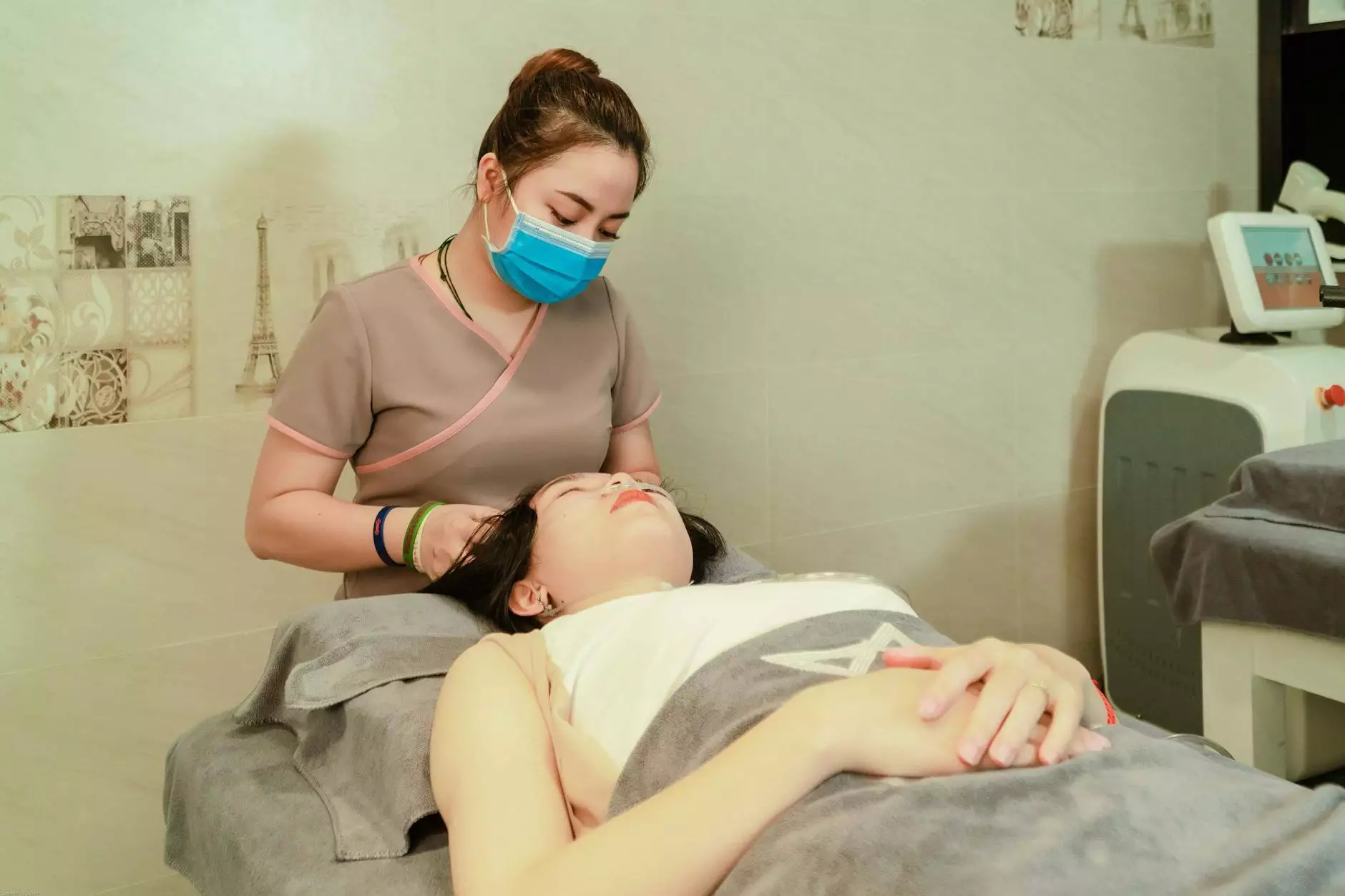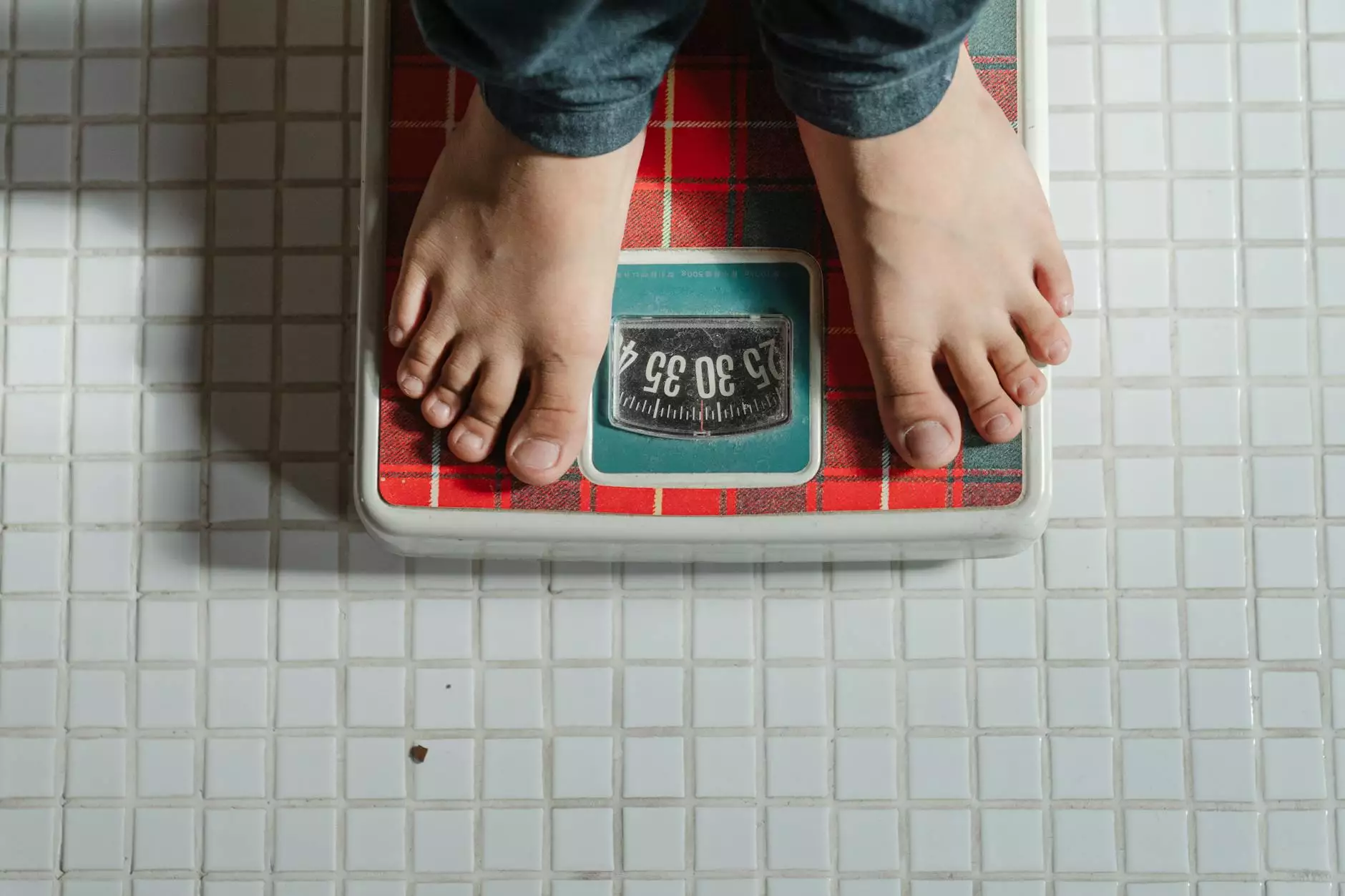PCOS and Hair Loss

Welcome to the comprehensive guide on PCOS and hair loss, provided by Smith, Arthur F, MD, a renowned expert in the field of women's health. In this article, we will delve into the details of how Polycystic Ovary Syndrome (PCOS) can lead to hair loss, its impact on women, and the available treatment options.
Understanding PCOS
Polycystic Ovary Syndrome (PCOS) is a hormonal disorder affecting women of reproductive age. It is characterized by elevated levels of androgens (male hormones) in the body, leading to various symptoms, including irregular menstrual cycles, fertility issues, acne, and hair loss.
The Link between PCOS and Hair Loss
A significant number of women with PCOS experience hair loss, which can manifest as thinning hair, receding hairline, or excessive shedding. The hormonal imbalances caused by PCOS can disrupt the natural hair growth cycle, leading to hair follicles becoming miniaturized or dormant. As a result, hair becomes thinner and more prone to breakage, eventually leading to noticeable hair loss.
Understanding Androgens
Androgens, such as testosterone, are the primary culprits behind hair loss in women with PCOS. Increased levels of androgens can trigger an oversensitivity of hair follicles to a hormone called dihydrotestosterone (DHT). This hormone causes the hair follicles to shrink, leading to shorter and finer hair strands. Over time, this continuous cycle can result in significant hair thinning or even bald patches.
Impact on Women
The emotional and psychological impact of hair loss on women with PCOS should not be underestimated. Hair is often associated with beauty, femininity, and self-confidence, so experiencing hair thinning or baldness can lead to feelings of self-consciousness, depression, and reduced quality of life. Recognizing and addressing these concerns is crucial in providing holistic care for women with PCOS.
Treatment Options
Dr. Arthur F Smith understands the importance of early intervention and tailored treatment plans for women dealing with PCOS-related hair loss. Here are some approaches that can help:
1. Medications
In some cases, your healthcare provider may prescribe medication to regulate hormone levels and combat hair loss, such as anti-androgens or oral contraceptives. These medications can help control androgen production and mitigate the effects on hair follicles.
2. Topical Solutions
Topical solutions containing minoxidil, a vasodilator, can promote hair growth and slow down hair loss. It is applied directly on the scalp, stimulating blood circulation to the hair follicles and encouraging regrowth.
3. Lifestyle Changes
Adopting a healthy lifestyle can significantly improve both PCOS symptoms and hair loss. Incorporating regular exercise, managing stress levels, and following a balanced diet can help regulate hormone levels and support overall hair health.
4. Hair Restoration Techniques
In cases where hair loss is advanced, hair restoration techniques, such as hair transplant surgery or low-level laser therapy (LLLT), may be considered. These procedures can help restore hair density and boost confidence.
Seek Professional Advice
If you are experiencing hair loss due to PCOS, it is crucial to seek professional advice from a qualified healthcare provider, such as Dr. Arthur F Smith. A comprehensive evaluation of your symptoms, health history, and hormonal profile will help determine the most effective treatment plan tailored to your unique needs.
Remember, managing PCOS and its associated hair loss requires a holistic approach that addresses both the underlying hormonal imbalances and the emotional impact on women's well-being.
Contact Smith, Arthur F, MD
To schedule a consultation or learn more about our services, please visit our website arthurfsmithmd.com. We are dedicated to providing compassionate care and comprehensive solutions for women dealing with PCOS-related hair loss.




